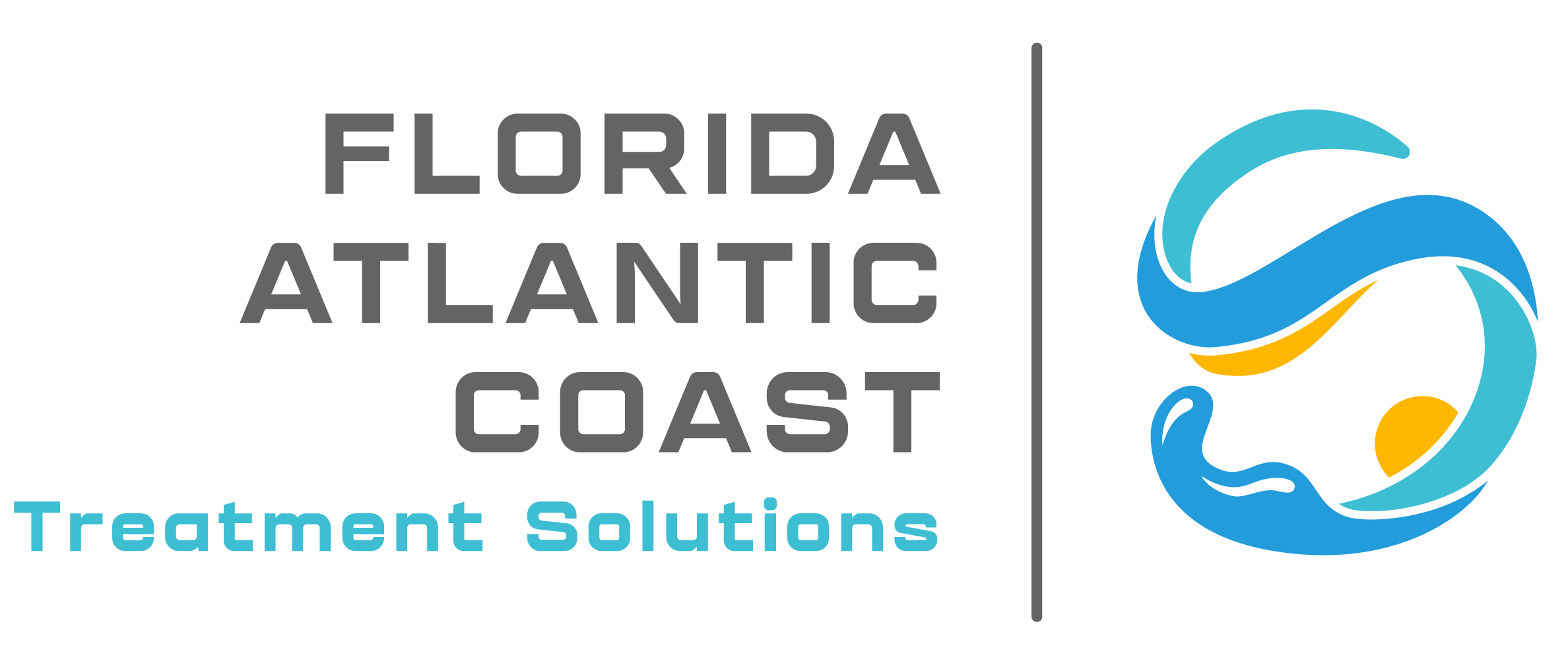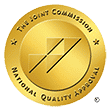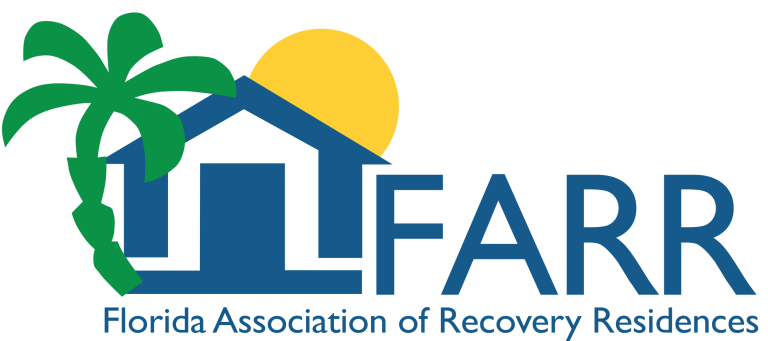Obsessive-compulsive disorder (OCD) is a mental health condition that is characterized by recurrent and persistent thoughts and behaviors that may lead to considerable impairment in daily life. People with OCD suffer from intrusive and unwelcome thoughts (obsessions) as well as irrational acts (compulsions) that they cannot resist doing.
Such symptoms can be very severe to the extent of affecting one’s job, interactions with people, and other aspects of life. At Florida Addictions Rehab, we are fully aware of the difficulties that are associated with OCD, which is why we offer specialized treatment that addresses the unique needs of each person. Our mission is to assist those who suffer from OCD to take back control of their lives.
Understanding Obsessive-Compulsive Disorder
Obsessive-Compulsive Disorder is described by the presence of obsessions and compulsions. These are ideas, pictures, or impulses that are persistent and unwanted and cause a person a lot of discomfort. Compulsions are activities that an individual engages in repeatedly to alleviate the anxiety that is generated by an obsession or they are activities that are performed in a certain manner and according to certain rules. These are usually performed in an attempt to neutralize or prevent the obsessions and may become time-consuming and disruptive.
Common Symptoms
OCD manifests in various ways, but common symptoms include:
- Obsessions: Unwanted ideas, concepts, or images that are recurrent and are beyond the individual’s control, e.g., fear of contamination, need for symmetry, or intrusive thoughts about harm or taboo subjects.
- Compulsions: Repetitive behaviors such as excessive cleaning, checking, counting, or arranging objects in a specific order.
Such symptoms may range from mild to severe and may also change from one time to another. Some may spend much of their day performing the compulsions of OCD, while others may have symptoms that are less noticeable to others but equally distressing.
Types of OCD
- Contamination OCD: A phobia that is defined by avoidant behavior associated with germs, dirt, or illness and includes excessive cleaning or staying away from certain situations.
- Symmetry and Ordering OCD: This is characterized by a need for objects to be placed in a certain manner or a symmetrical manner and is associated with the fear that something will happen if things are not properly arranged.
- Intrusive Thoughts: Having intrusive and distressing ideas or mental pictures, often of a violent, sexual, or blasphemous nature. These thoughts are not what the person wants, desires, or believes, but they cause significant anxiety.
- Hoarding: A subcategory of OCD where individuals feel compelled to acquire and possess items that may be worthless or are often discarded as useless because the individual fears losing something significant or has an emotional bond with the items.
CALL US NOW
Florida Addictions Rehab will iron out the details for you in a manner that will make you confident in your path to sobriety. That first simple call is your ticket to making Florida Addictions Rehab your solution for addiction. Get the freedom from addiction that you deserve today.
How Is It Used in Addiction Treatment?
Genetics: OCD is known to be inside the genetic structure since it is often seen to affect members of the same family.
Brain Structure and Function: Research has established that OCD patients may have some variations in the neural structures and functions, including those areas that are involved in decision-making and response to threats.
Life Events: Traumatic or stressful life events can trigger the onset of OCD in some individuals. Certain factors may include childhood abuse, the loss of a loved one, or any other traumatic experience.
Personality: Some of these are perfectionism, high levels of compulsiveness, and high levels of neuroticism, especially anxiety disorder.
Causes and Risk Factors
The exact cause of OCD is not fully understood, but it is believed to result from a combination of genetic, neurological, behavioral, cognitive, and environmental factors.

Our Approach to OCD Treatment
As a treatment provider, Florida Addictions Rehab understands that OCD is a complicated disorder that needs comprehensive and personalized treatment. Our program is designed to address the unique challenges of OCD through evidence-based therapies and a supportive, compassionate environment.
Evidence-Based Treatment Methods
The treatment methods we use in our program have been scientifically tested for treating OCD. These include:
Cognitive Behavioral Therapy (CBT):
CBT is a cornerstone of OCD treatment. It assists people in confronting and resolving irrational thoughts and behaviors that are responsible for obsessions and compulsions. In CBT, clients are taught how to manage and prevent anxiety and the occurrence and severity of the signs and symptoms.
Exposure and Response Prevention (ERP)
ERP is a particular type of CBT, which involves exposing the patients to their feared thoughts or situations while helping them resist the urge to engage in compulsive behaviors. In the long run, this process assists in decreasing the anxiety that is linked to obsessions and also weakens the compulsions.
Medication Management
Some people may require the use of drugs to manage symptoms. Our psychiatric team helps clients choose an optimal medication schedule and monitors its effectiveness.



















